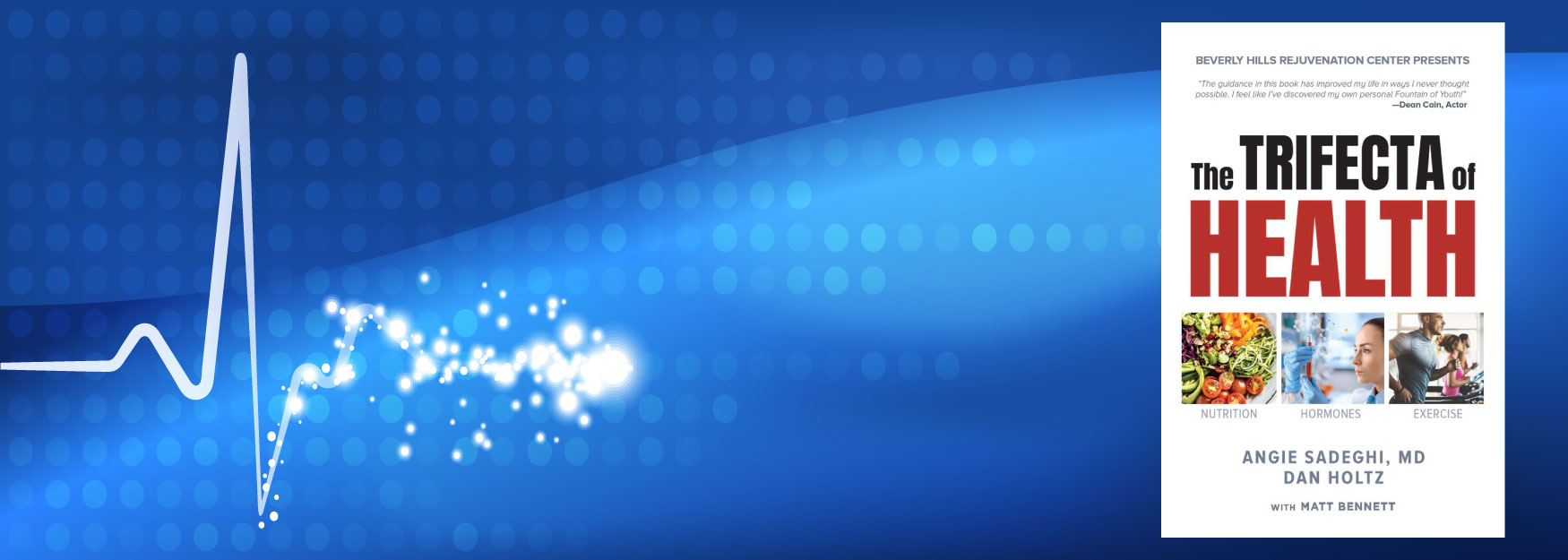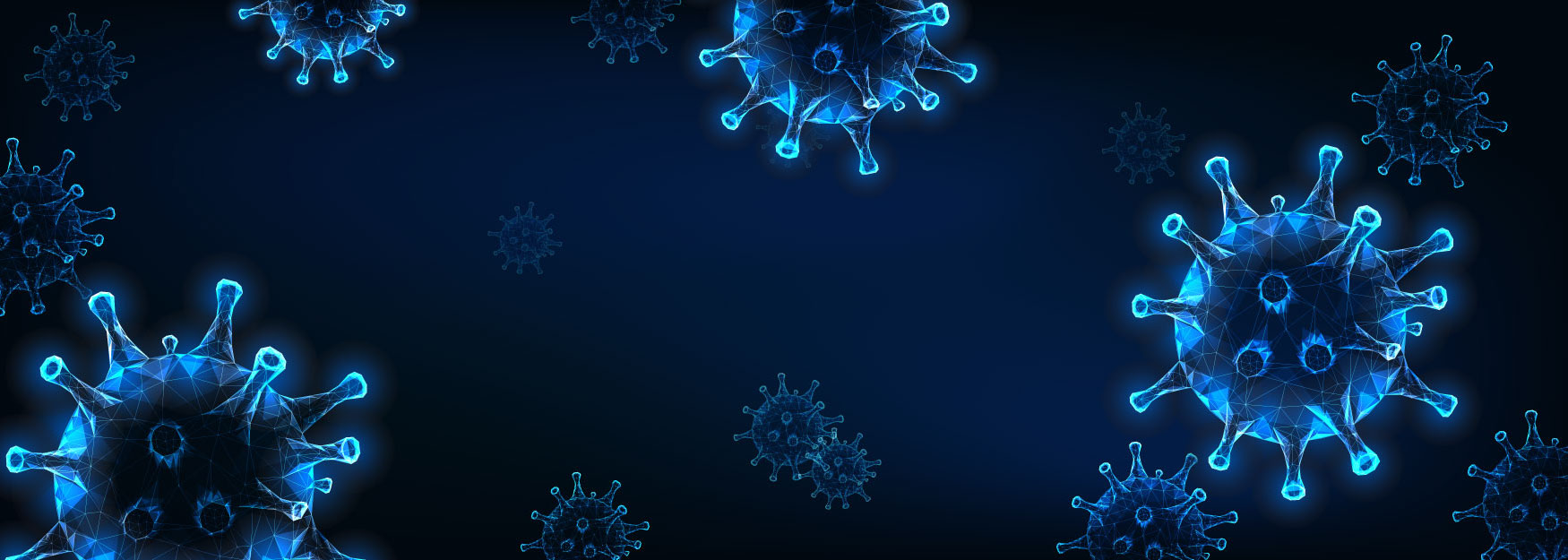
BHRC BLOG
Regenerative Cell Therapy & Coronavirus
NEW FROM BHRC’S REGENERATIVE CELL THERAPY PROGRAM: Mesenchymal Stem Cells Tested in the Treatment of Secondary Issues Related to Coronavirus
Utilizing regenerative medicine technology with the administration of MSCs may help mitigate underlying COVID-19 associated lung damage. While this treatment is not a method to vaccinate nor cure the virus, the results reported in this publication indicate that infected patients may be more likely to combat and survive the related secondary issues of a COVID-19 infection if regenerative technologies are applied.
ChinaXiv recently reported (March 2, 2020) the outcomes of seven patients with COVID-19 pneumonia enrolled in a clinical trial at Beijing YouAn Hospital, China. The clinical outcomes, as well as changes in inflammatory and immune function levels, and adverse effects of the enrolled patients were assessed over the 14 days following MSC injection. The patients were treated with MSCs derived from the Wharton’s jelly layer of the umbilical cord. The pulmonary function and symptoms of all seven patients with COVID-19 pneumonia were significantly improved within 2 days of the MSC transplantation.
“Given our expertise and proprietary processes for isolating the MSC’s from source tissue, combined with our strong safety record in delivering tens of thousands of allografts to the market, it is not surprising that we have received a high number of inquiries regarding our potential involvement with this global health crisis,” said Bradley Robinson, CEO of Predictive Technology Group. “We are watching the development of clinical trials from around the world and remain poised to help in any we can, pending regulatory guidance. Our experience and capital investments over the past few years has equipped us with the expertise and ability to scale to meet demand,” added Robinson.
MSCs have the ability to differentiate into a variety of cell types and are able to resist viral attacks with the expression of interferon gamma stimulated genes (ISGs). With the ability to express ISGs, stem cells would be expected to survive even when transplanted into a patient with an active COVID-19 infection. Stem cells rejuvenate and regenerate cells in the body through various processes involving reduction of inflammation, secretion of substances that protect cells, transfer of mitochondria, reduction of cell death, anti-oxidative effects and improvement of immune system function. These effects are likely to increase survival in patients infected with COVID-19.
Additionally, there is evidence of stem cells aiding in the protection against viral infection. The influenza virus A/H5N1 is known to cause acute lung injury. With the injection of human MSCs, A/H5N1 was reduced in mice and the treatment increased rates of survival (Chan, et al, PNAS 113:3621, 2016).
Umbilical cord tissue is particularly rich in MSCs, which is why many parents choose to store them. As new clinical therapies are discovered, the importance of storing stem cells from perinatal tissue (umbilical cord and placenta) will become a critical source for individuals needing stem cell therapies in the future.
“We are well positioned to have the procurement, processing and cell culturing expertise and scale to offer stem cell therapy for secondary issues related to COVID-19 infections in both domestic and international markets. While effective vaccines are being developed, US-based stem cell transplants represent a real opportunity to fight the virus and increase survival rates with patients infected worldwide,” Bradley Robinson added.







